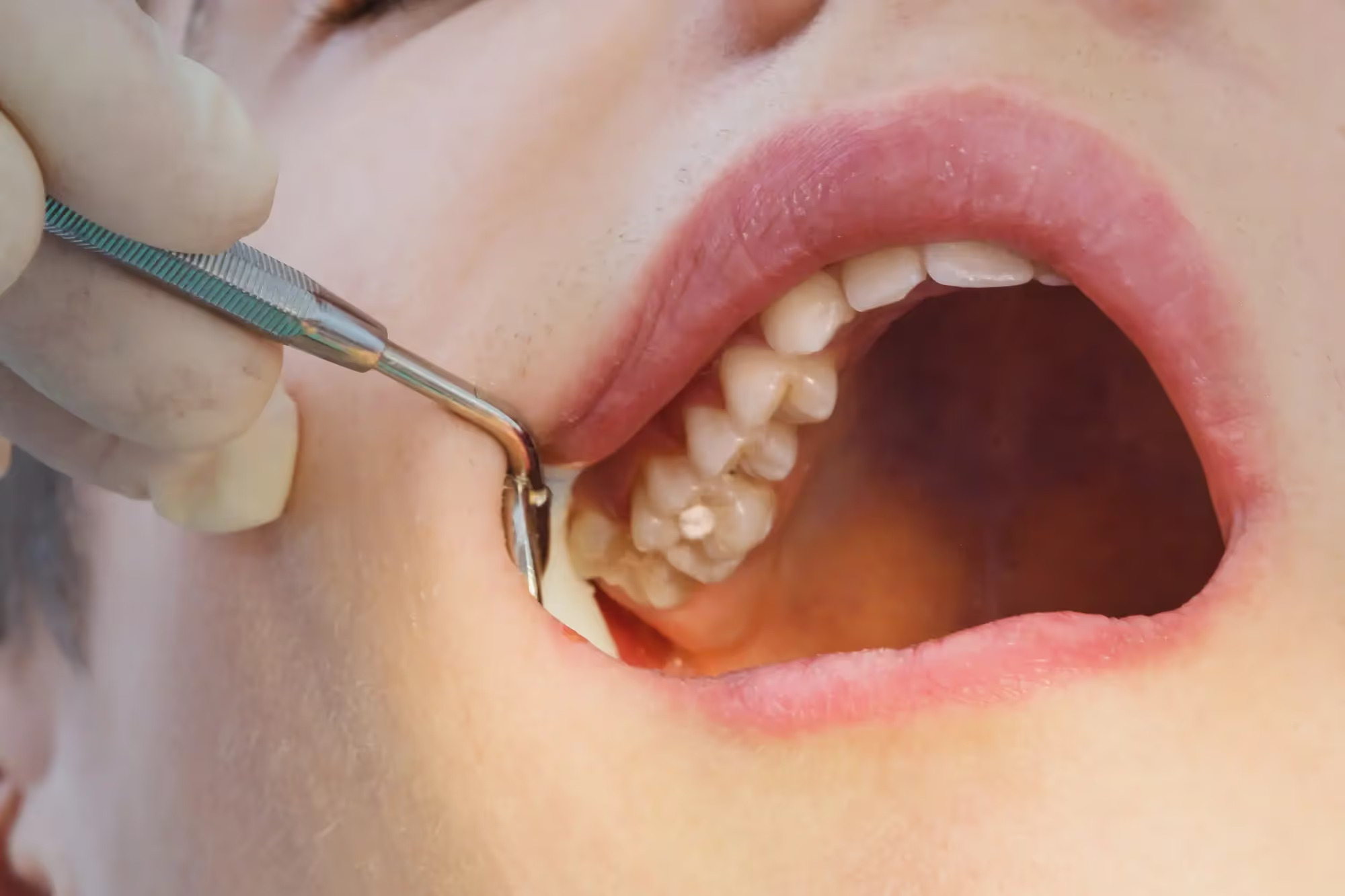Are Cavities Contagious?
December 14, 2024

As a parent, spouse, or caregiver, you may find yourself wondering, "Are cavities contagious?" This question isn't as far-fetched as it might initially sound. Let's delve into this intriguing topic and shed some light on this common dental concern.
Understanding Cavities
Cavities, also known as dental caries, are tiny holes that develop in the teeth due to decay. They occur when bacteria in the mouth convert sugars and starches from food into acids. These acids then attack the tooth enamel, leading to decay over time. But how does this relate to the question, "Are cavities contagious?" The answer lies in the bacteria responsible for this decay.
The Role of Bacteria
The primary bacteria implicated in tooth decay is Streptococcus mutans. It thrives in the mouth and feeds off the sugars we consume. When these bacteria produce acids, they erode the tooth enamel, leading to cavities. The interesting part is that these bacteria can be transferred from one person to another through saliva.
Can You Catch a Cavity?
Technically, you cannot "catch" a cavity in the same way you would catch a cold. However, the bacteria that cause cavities can be transferred from person to person. This is particularly common among family members or those who share close living spaces. Sharing utensils, toothbrushes, or even kissing can spread these bacteria. While this doesn't guarantee you'll get a cavity, it does increase your risk if you have poor oral hygiene habits.
Preventing the Spread of Cavity-Causing Bacteria
Now that we've established that while cavities themselves aren't contagious, the bacteria causing them can be shared, let's look at how to prevent this. Good oral hygiene is crucial. This includes regular brushing with a fluoride toothpaste, flossing daily, and regular dental checkups. Avoid sharing utensils or toothbrushes. Remember, a healthy mouth is less likely to harbor harmful bacteria, reducing the risk of cavities.
Diet's Role in Bacterial Growth
The foods and beverages we consume have a direct impact on the environment in our mouths. Diets high in sugar and starches provide the perfect fuel for Streptococcus mutans, allowing these bacteria to thrive and produce more acid. Consequently, individuals consuming diets rich in these elements not only increase their own risk of cavities but may also harbor higher levels of these bacteria. When saliva is exchanged, whether through sharing drinks, food, or through other means, there is a greater chance of passing these bacteria to someone else.
Emphasizing the Role of Regular Dental Visits
Regular dental check-ups play a crucial role in preventing the spread of cavity-causing bacteria. Dental professionals can provide cleanings that remove plaque and tartar, areas where bacteria like to hide and multiply. These visits are also opportunities for education on proper oral hygiene techniques and dietary advice tailored to reducing the risk of cavities.
Protect Your Oral Health with Valor Dental
Are cavities contagious? While the cavities themselves aren't, the bacteria causing them can be shared. At Valor Dental, Dr. Greg Kiene and Dr. Chris Merkley are committed to helping you maintain optimal oral health. We offer comprehensive dental services to prevent and treat cavities. Don't leave your oral health to chance. Call us today at (214) 254-3763 or schedule an appointment online. We're conveniently located in Justin, TX, and are always ready to help you achieve a healthy, beautiful smile.




